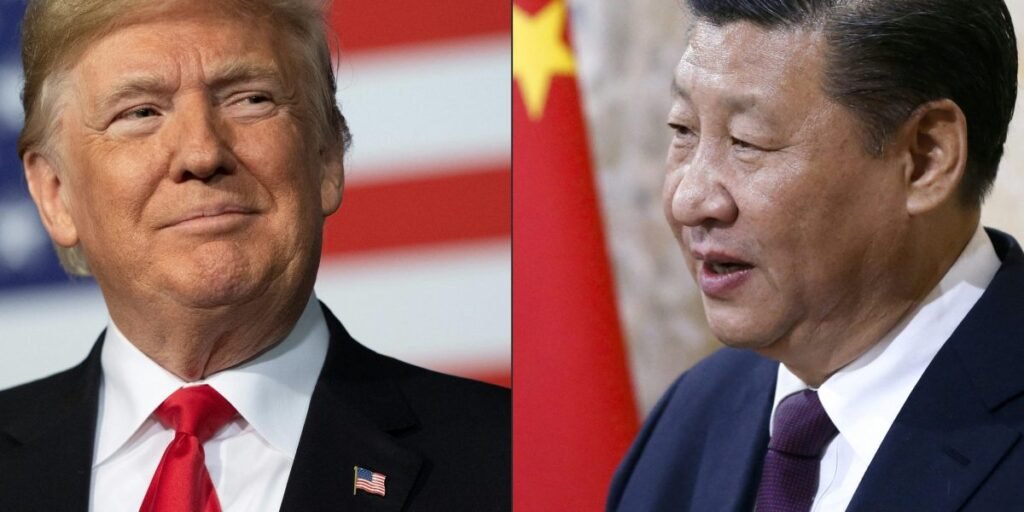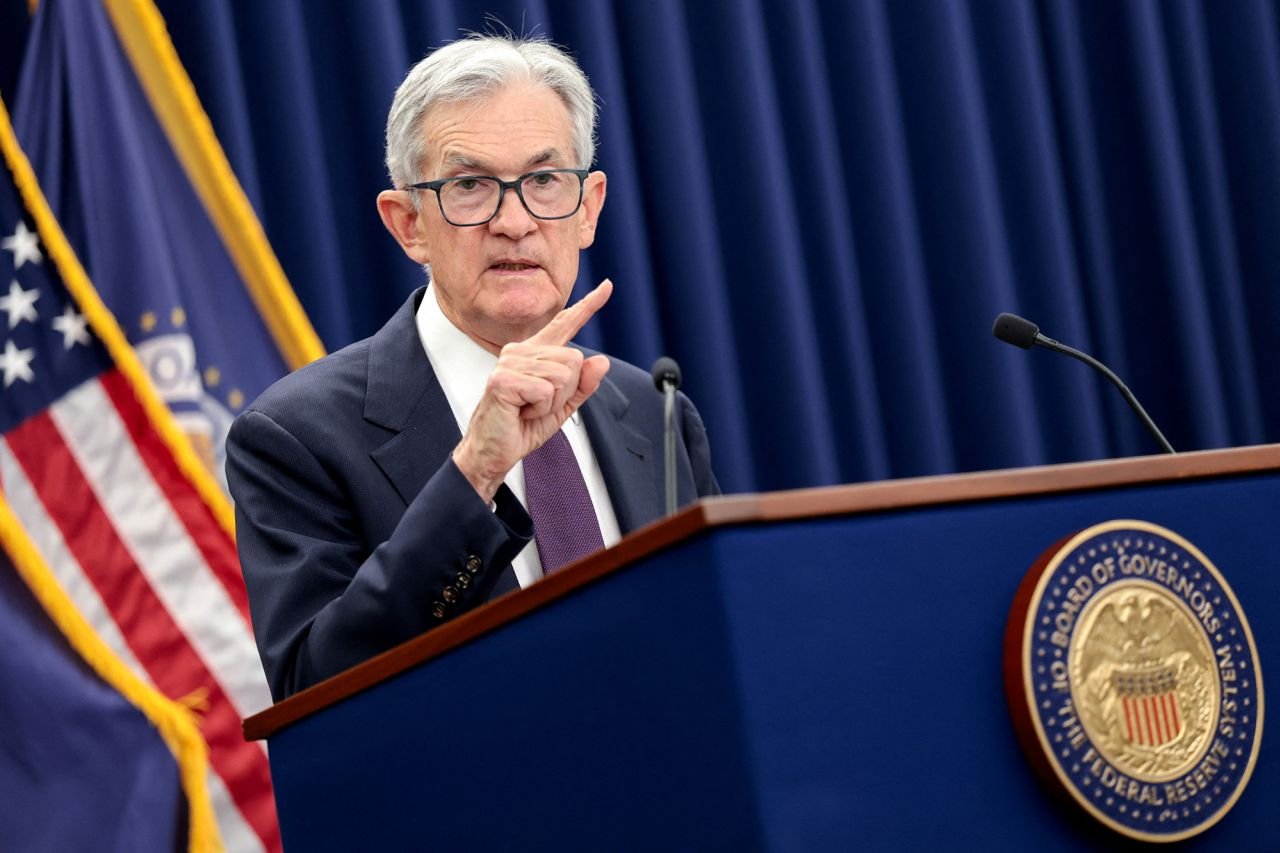President Trump’s tariff strategy against China appears to be having unintended consequences, as Beijing shifts its focus away from U.S. consumers and increases exports to other markets. In September, Chinese shipments to the U.S. fell by 27%, marking a continued decline, while overall exports rose by 8.3%, the highest total recorded this year, driven by demand from Europe and other regions.
Initially, Trump believed that China’s economy heavily depended on U.S. consumers, which would compel Beijing to make concessions. He stated that China was facing significant challenges due to the tariffs, suggesting that their factories were struggling to maintain business.
However, recent data indicates that China has successfully diversified its export markets, leading to significant growth despite the ongoing trade tensions. Shipments to non-U.S. countries increased by 14.8%, contributing to an overall export total of $328.6 billion in September, the highest for 2025 thus far.
China’s economic outlook has improved since earlier projections. The World Bank recently revised its growth forecast for China in 2025 from 4% to 4.8%, while downgrading the U.S. growth forecast to 1.4%. This shift suggests that the impact of Trump’s tariffs may not be as effective as initially anticipated.
In response to Trump’s recent threat of imposing 100% tariffs, China’s Ministry of Commerce criticized the approach, emphasizing that frequent tariff threats are not conducive to constructive engagement. The ministry reiterated its stance against a trade war while asserting that it would not shy away from one if necessary.
Despite the ongoing tensions, Trump has expressed a more conciliatory tone, indicating optimism about negotiations with China. He acknowledged his relationship with President Xi and suggested that both sides could reach a resolution.
Market analysts believe there is still potential for compromise, with expectations that negotiations may resume soon. Some analysts noted that recent actions by both sides indicate a willingness to engage in dialogue rather than escalate tensions further.



